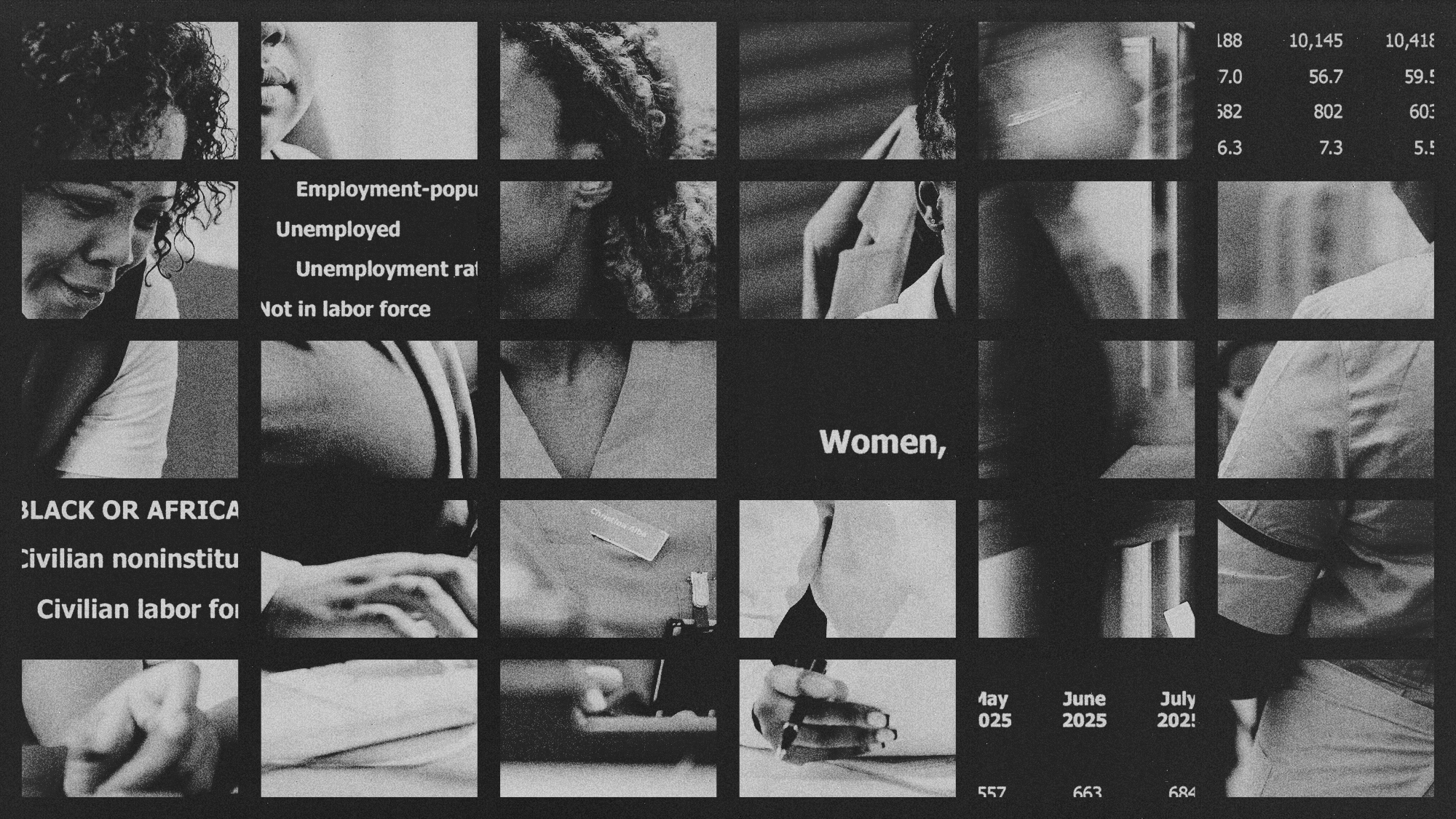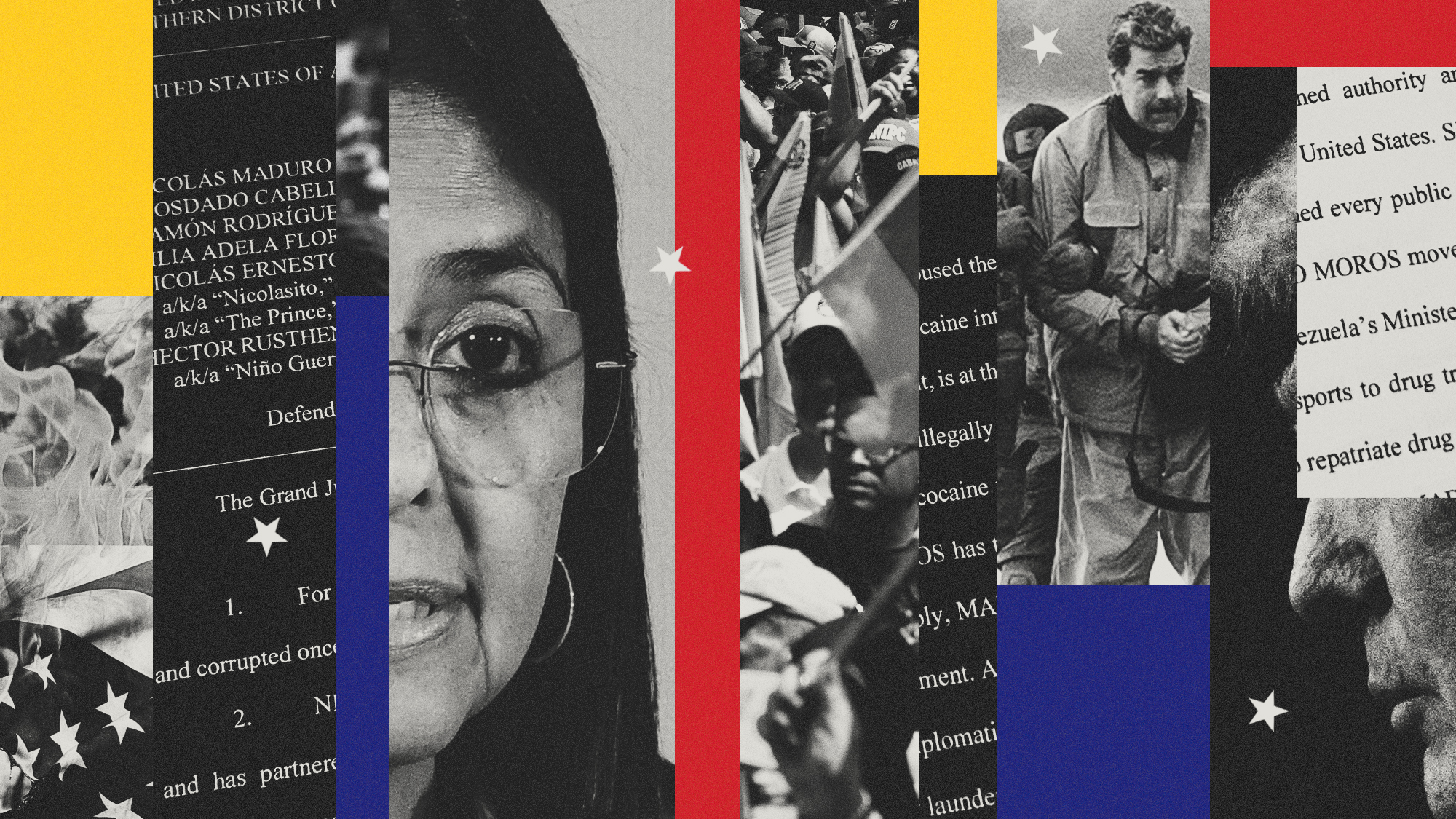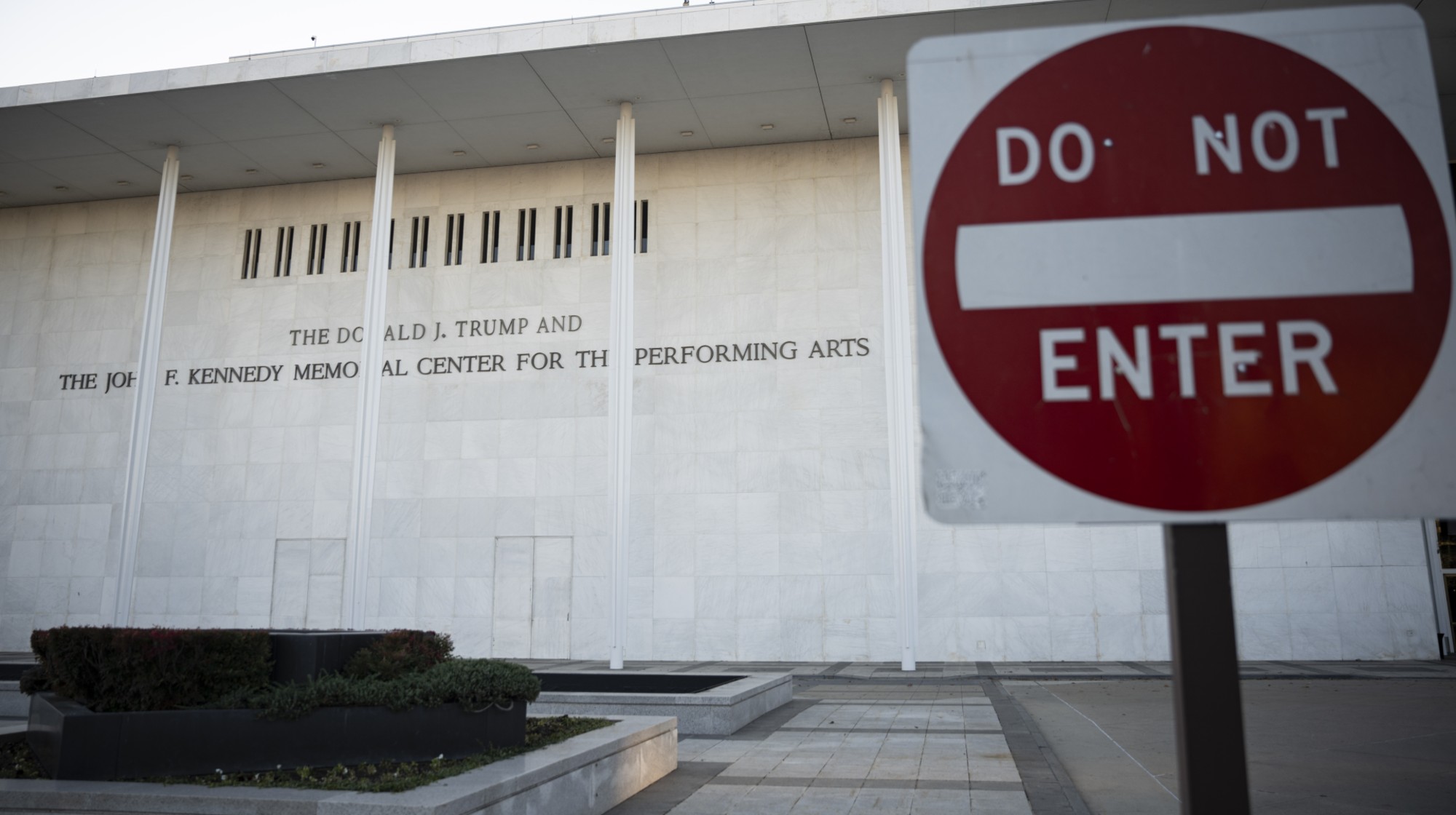Black women are being pushed out of the workforce en masse
Employment data shows hundreds of thousands of Black women have left the labor market over the past few months. What's behind this mass exodus?


A free daily email with the biggest news stories of the day – and the best features from TheWeek.com
You are now subscribed
Your newsletter sign-up was successful
As the American economy moves through choppy global waters of its own making, new data suggests that the country's precarious financial markets have already begun leaving one crucial demographic behind: Black women, some 300,000 of whom are estimated to have left or been squeezed out of the labor force since this spring. Occurring in such a short and volatile period of economic uncertainty, the seismic drop in the job market has alarmed economists and sociologists alike.
'Federal policy choices'
While headlines may tout the job market as "strong," Black women "know a different story," said The Root. A combination of "federal layoffs, DEI rollbacks and structural inequities" has created a "quiet crisis that speaks volumes."
The loss of so many Black women from the workforce is "thinning a pipeline" that was "already too narrow," said Fortune. That so many Black women have left the labor market isn't simply a "seasonal fluctuation" or "statistical footnote," it's a "strategic failure that will have long-term consequences." The drop in participation isn't a "coincidence," but the immediate "result of federal policy choices," said MSNBC. In particular, "sweeping" cuts across various public sector agencies have hit hard where Black women have "long held the strongest foothold in middle-class employment."
The Week
Escape your echo chamber. Get the facts behind the news, plus analysis from multiple perspectives.

Sign up for The Week's Free Newsletters
From our morning news briefing to a weekly Good News Newsletter, get the best of The Week delivered directly to your inbox.
From our morning news briefing to a weekly Good News Newsletter, get the best of The Week delivered directly to your inbox.
While factors such as "inflation, student loan debt, automation and underrepresentation in growing tech sectors" have all contributed to the exodus, a "less-discussed" element is the "widening network gap faced by Black women," said Forbes. Industry programs focused on mentorship and professional sponsorships are "often perceived to be DEI or DEI-adjacent" and accordingly risk being "halted in the current climate." That poses a unique danger to Black women for whom DEI was "never just a buzzword" but an "entry point," a "lifeline" and "sometimes the only safety net in a corporate culture that wasn't built to sustain Black women," said Ebony.
The growing prevalence of artificial intelligence in the workplace may also be "making the problem worse," said Forbes. Many of the AI programs used by companies in their recruitment process can "exacerbate existing biases" and contribute to "hiring gaps" for Black women.
'Troubling sign'
Claims of American economic resilience notwithstanding, the plummeting share of Black women, and Black participation overall, in the labor force is a "troubling sign" in general, said USA Today. "The Black unemployment rate is always the first to go up," said Center on Budget and Policy Priorities Chief Economist Gbenga Ajilore to the outlet. "That's always the canary in the coal mine."
With more than half of Black households financially "led by breadwinner mothers," the labor market exodus means families lose their "economic foothold," said MSNBC. This in turn threatens "housing stability, consumer spending and educational outcomes for children," resulting in "systemic losses" instead of mere "isolated setbacks."
A free daily email with the biggest news stories of the day – and the best features from TheWeek.com
The 2% drop in Black women's labor force participation over the past several months has "sucked over $37 billion out of U.S. GDP," said gender economist Katica Roy at ABC News. This is the economic cost of "gender policy ignorance."
Rafi Schwartz has worked as a politics writer at The Week since 2022, where he covers elections, Congress and the White House. He was previously a contributing writer with Mic focusing largely on politics, a senior writer with Splinter News, a staff writer for Fusion's news lab, and the managing editor of Heeb Magazine, a Jewish life and culture publication. Rafi's work has appeared in Rolling Stone, GOOD and The Forward, among others.
-
 What to watch out for at the Winter Olympics
What to watch out for at the Winter OlympicsThe Explainer Family dynasties, Ice agents and unlikely heroes are expected at the tournament
-
 Properties of the week: houses near spectacular coastal walks
Properties of the week: houses near spectacular coastal walksThe Week Recommends Featuring homes in Cornwall, Devon and Northumberland
-
 Will Beatrice and Eugenie be dragged into the Epstein scandal?
Will Beatrice and Eugenie be dragged into the Epstein scandal?Talking Point The latest slew of embarrassing emails from Fergie to the notorious sex offender have put her daughters in a deeply uncomfortable position
-
 Gavin Newsom and Dr. Oz feud over fraud allegations
Gavin Newsom and Dr. Oz feud over fraud allegationsIn the Spotlight Newsom called Oz’s behavior ‘baseless and racist’
-
 ‘Implementing strengthened provisions help advance aviation safety’
‘Implementing strengthened provisions help advance aviation safety’Instant Opinion Opinion, comment and editorials of the day
-
 Businesses are caught in the middle of ICE activities
Businesses are caught in the middle of ICE activitiesIn the Spotlight Many companies are being forced to choose a side in the ICE debate
-
 ‘The surest way to shorten our lives even more is to scare us about sleep’
‘The surest way to shorten our lives even more is to scare us about sleep’Instant Opinion Opinion, comment and editorials of the day
-
 Venezuela’s Trump-shaped power vacuum
Venezuela’s Trump-shaped power vacuumIN THE SPOTLIGHT The American abduction of Venezuelan President Nicolás Maduro has thrust South America’s biggest oil-producing state into uncharted geopolitical waters
-
 Wave of cancellations prompts Kennedy Center turmoil
Wave of cancellations prompts Kennedy Center turmoilIN THE SPOTLIGHT Accusations and allegations fly as artists begin backing off their regularly scheduled appearances
-
 The MAGA civil war takes center stage at the Turning Point USA conference
The MAGA civil war takes center stage at the Turning Point USA conferenceIN THE SPOTLIGHT ‘Americafest 2025’ was a who’s who of right-wing heavyweights eager to settle scores and lay claim to the future of MAGA
-
 Trump aims to take down ‘global mothership’ of climate science
Trump aims to take down ‘global mothership’ of climate scienceIN THE SPOTLIGHT By moving to dismantle Colorado’s National Center for Atmospheric Research, the White House says it is targeting ‘climate alarmism’
